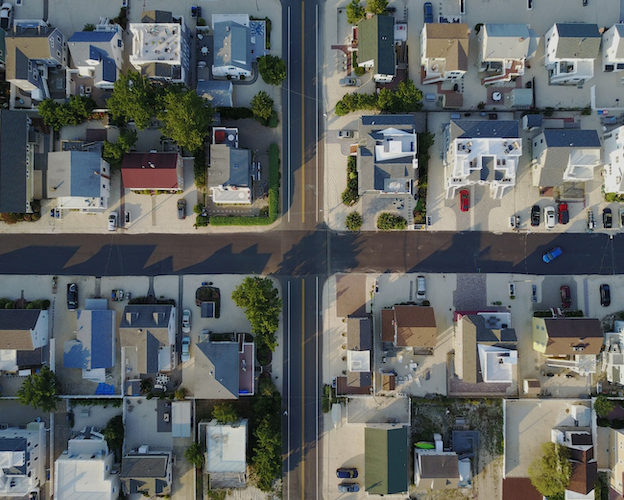In particular we focus on getting the loan structure right the first time, choosing which lenders to use in the right order (yes this is important) and finally getting our clients the best deal possible.
LVR (Loan to value ratio)
LVR stands for 'Loan to Value ratio', which is a financial term used in the context of mortgage lending and real estate. The LVR is a percentage that represents the ratio between the loan amount and the appraised value/purchase price of a property. It helps lenders assess the level of risk associated with a mortgage.
The formula for calculation the LVR is as follows:
LVR= (Loan amount / Property Value) x 100
For example, if a borrower is seeing a mortgage of $400,000 to purchase a home worth $500,000, the LVR would be calculated as:
(400,000 / 500,000) x 100 = 80% LVR
In this instance the borrower is getting a $400,000 loan and the other 20% will be the deposit for the property.
Different lenders have varying policies regarding the maximum LVR they are willing to accept for different types of loans and borrowers.
If you're taking out a conventional loan to buy a home, an LTV ratio of 80% or less is ideal.
Learn MoreThe Loan-to-Value Ratio is calculated by dividing the loan amount by the purchase price or valuation of the property you're buying, expressed as a percentage.
Learn More






























